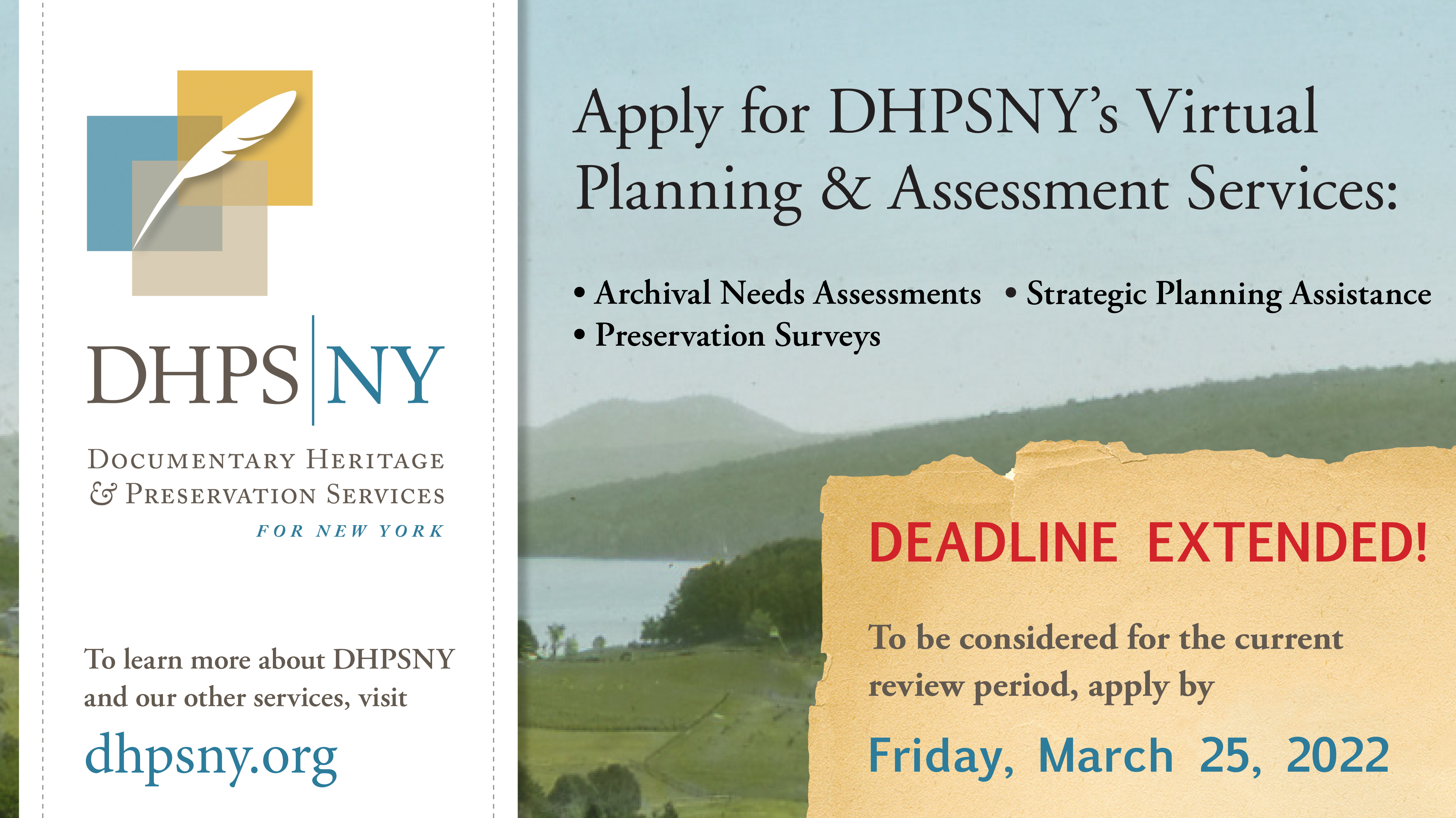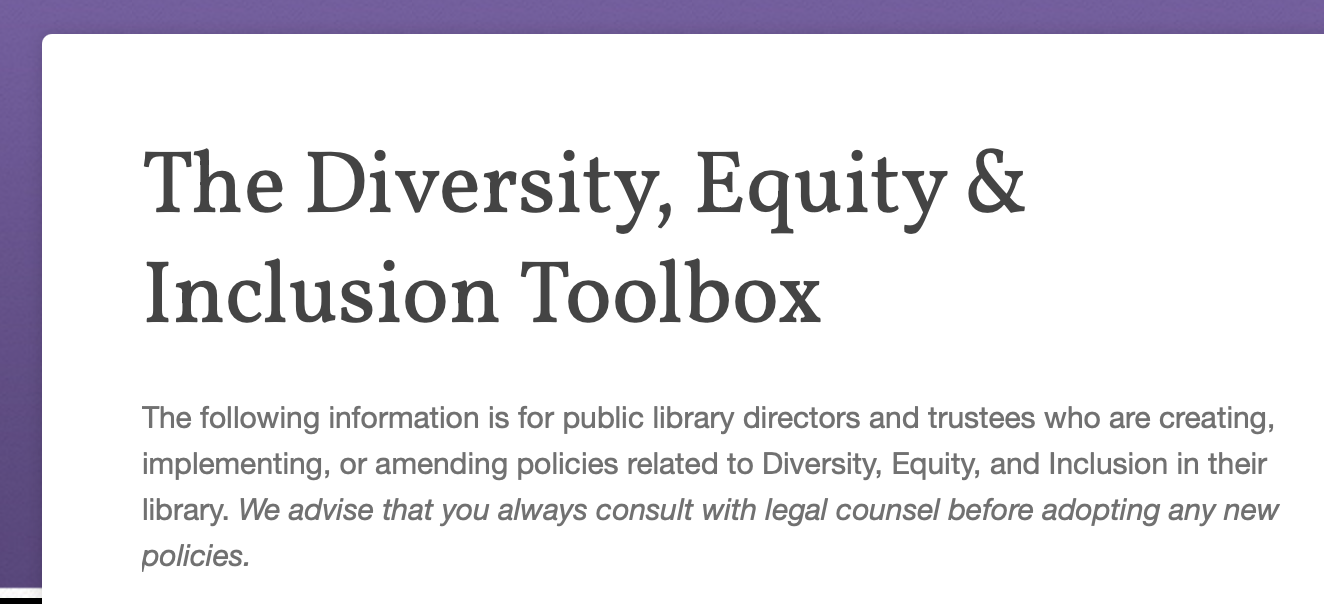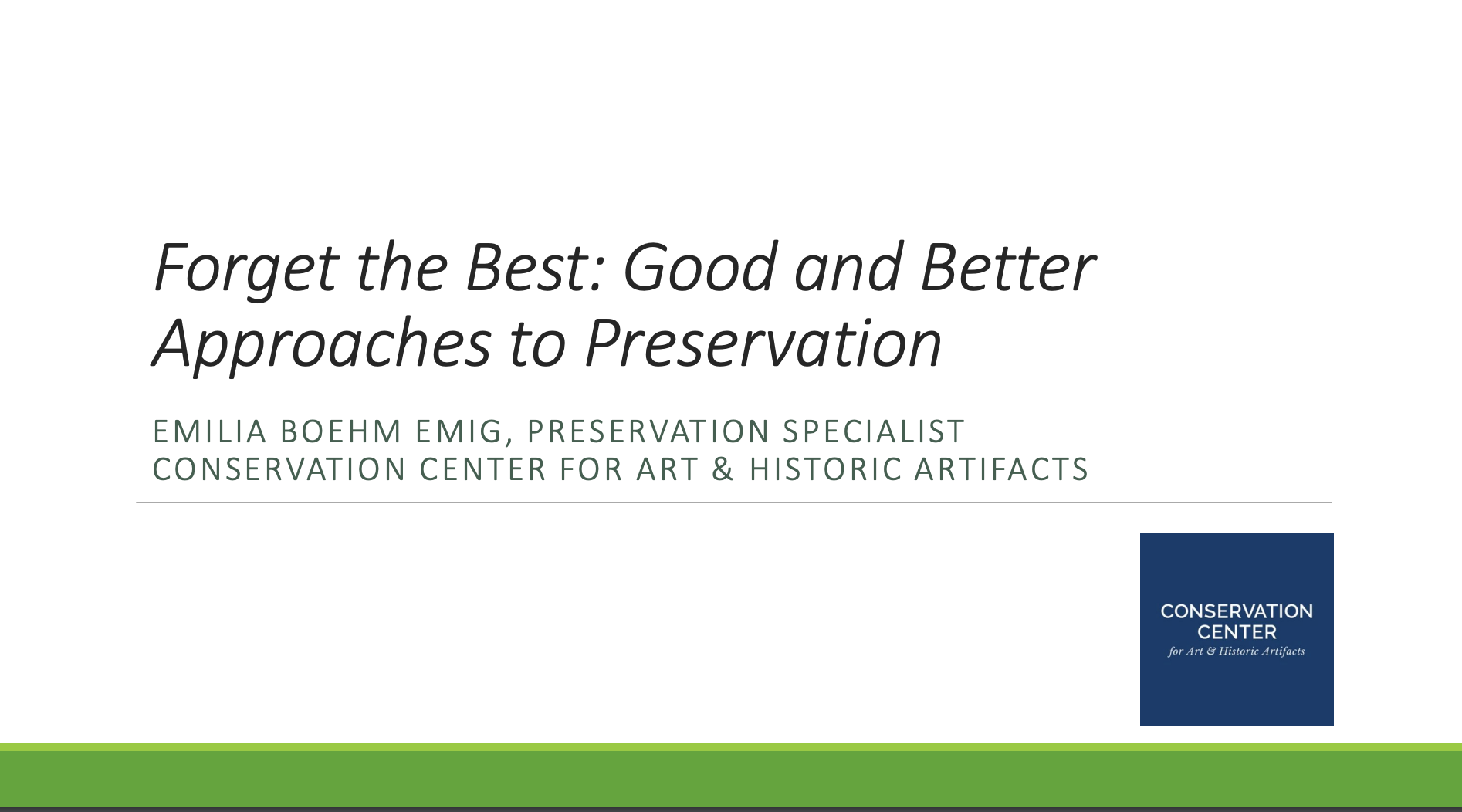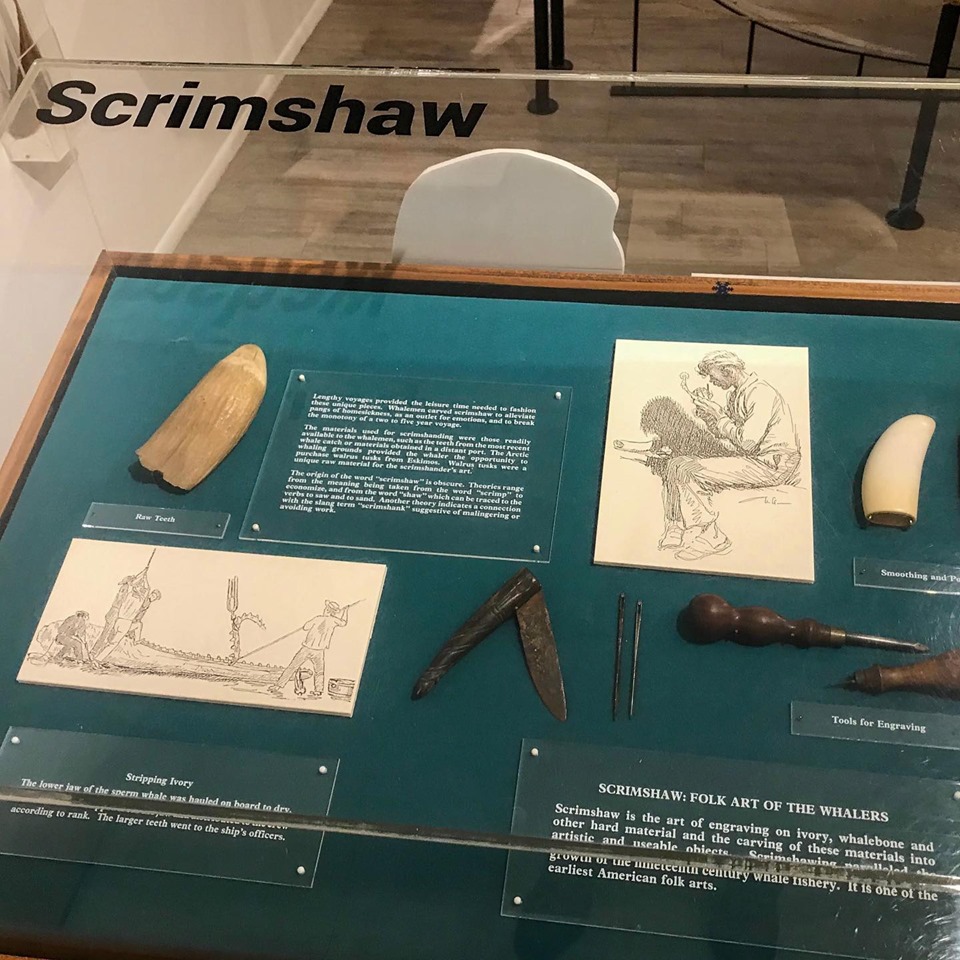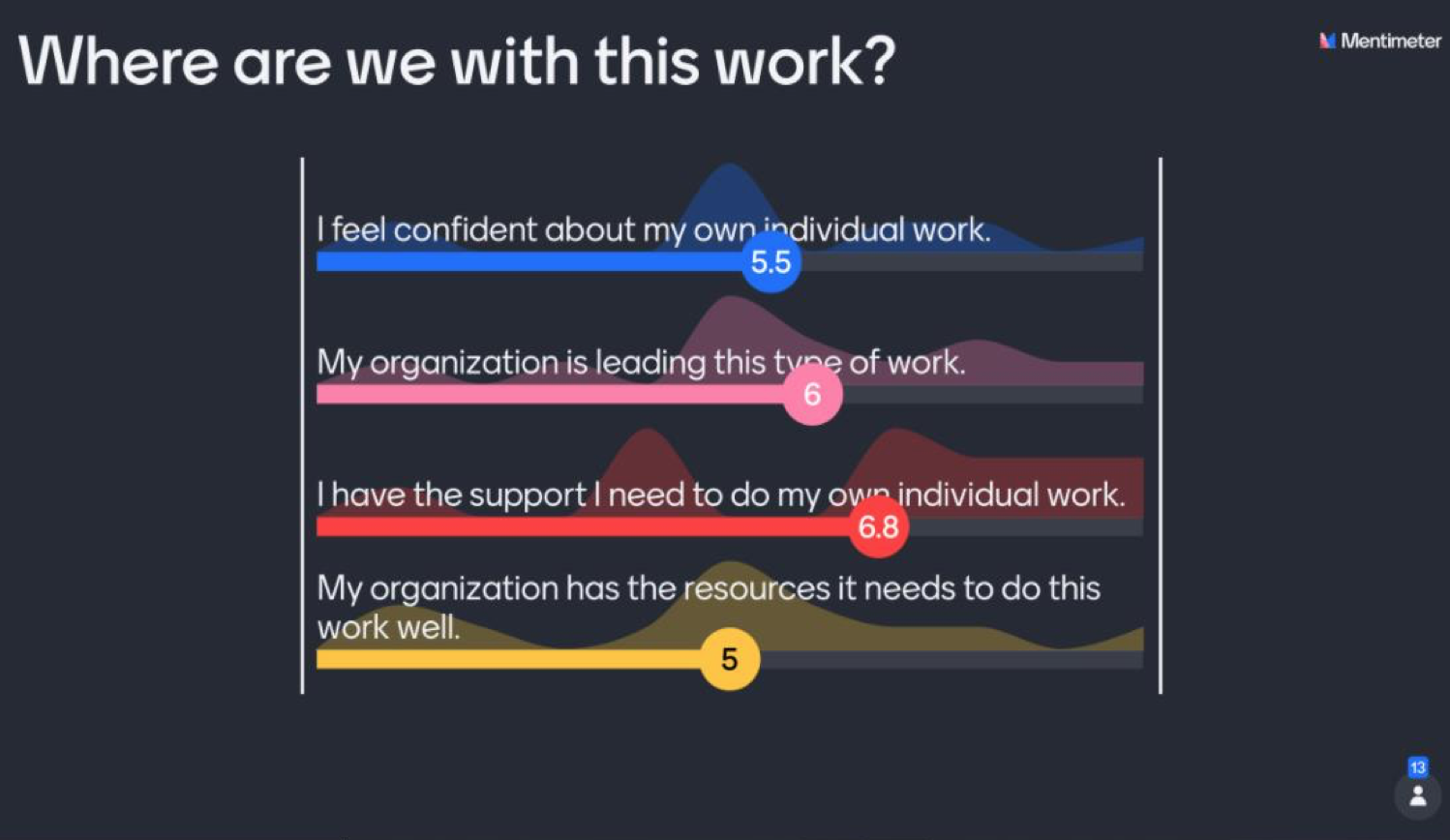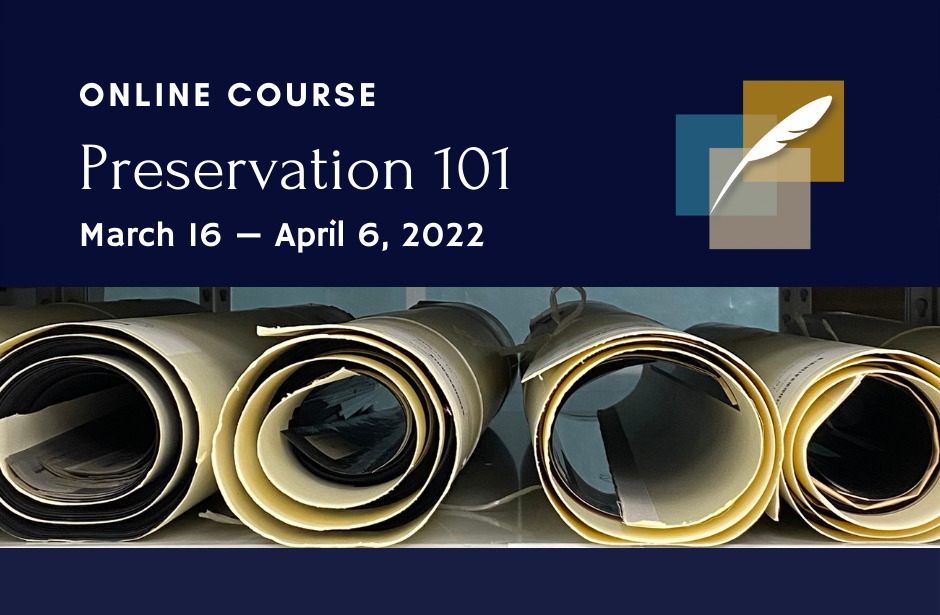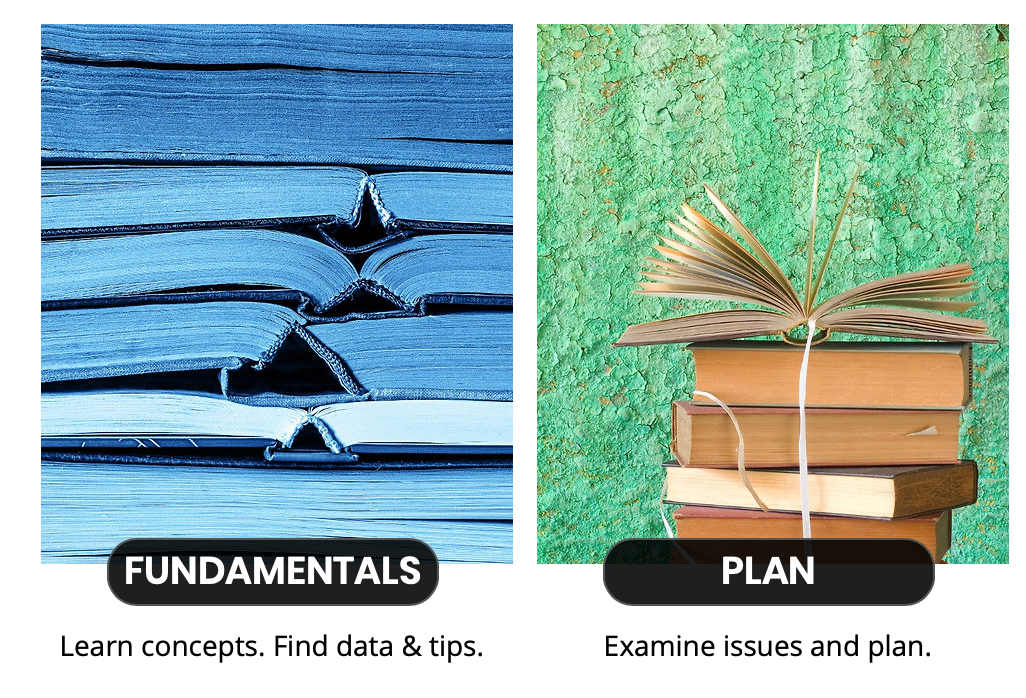If you’re getting a little jealous reading about our different services and want your turn, you’re in luck! The deadline to apply for our Spring 2022 Planning & Assessment Services Round has been extended, and we will now be accepting applications until midnight EST on Friday, March 25.
Start an Application Today — There's Still Time!
